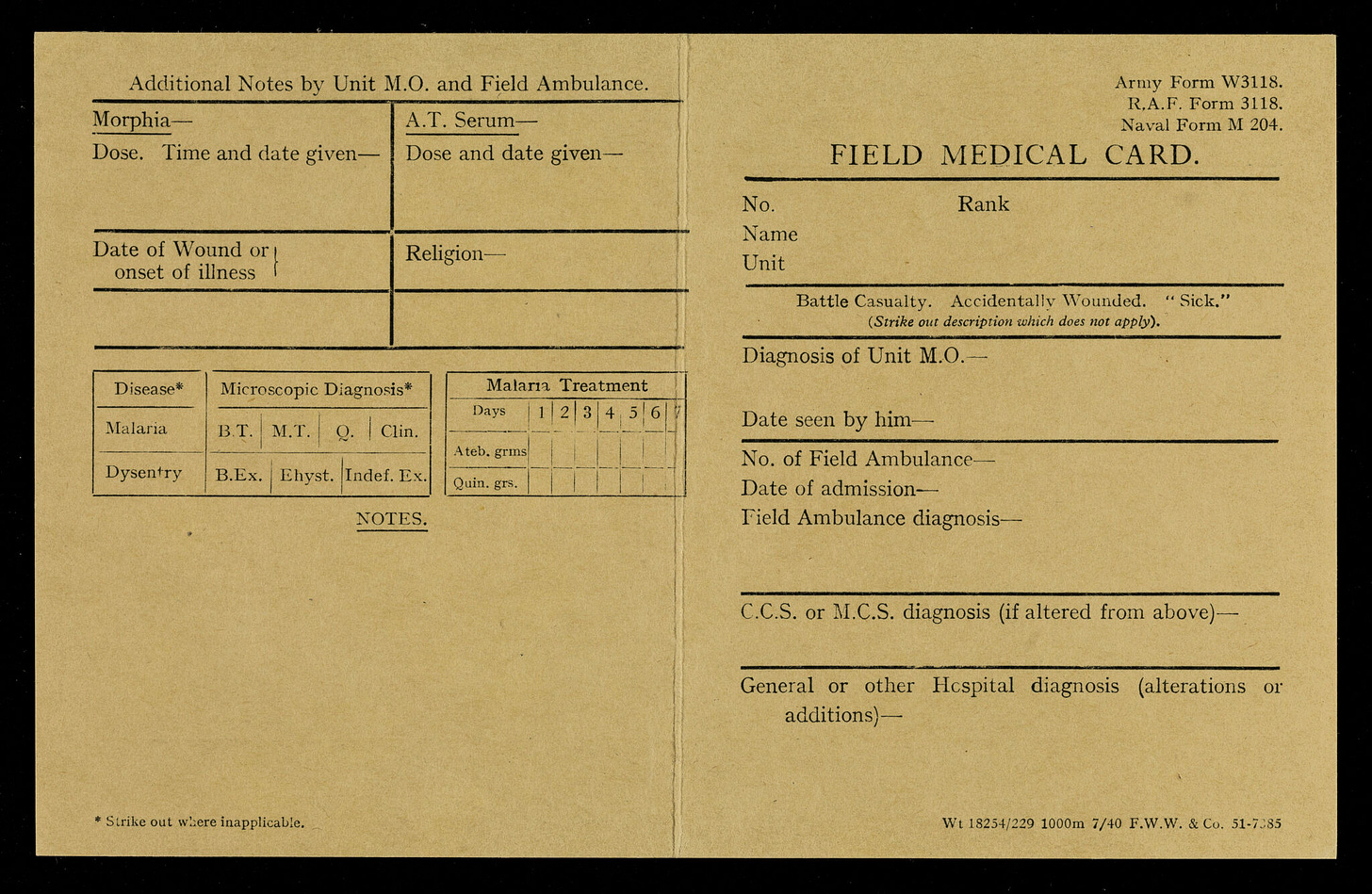What’s in a name: The origin of one of medicine’s most commonly used phrases and the title of this Substack
The origin of “The Workup”
Some of you have been asking about the title of this Substack.
A “workup” in medicine is what doctors say when we want to thoroughly evaluate a health issue. It’s usually diagnostic and involves searching for data and evidence. It can include a physical examination, laboratory studies, scans, procedures, and other diagnostic tests. It’s how we try to figure out what’s wrong when someone comes in feeling unwell.
The Oxford English Dictionary (OED) lists four meanings for “workup,” dating its first use to the 1940s, specifically in U.S. Patents in 1942. My own search didn’t reveal any use of the word “workup” before those dates. On PubMed (medical research database), we suddenly see “workup” appear in 1949. One of the earliest publications, I’m pleased to report, is in the Bulletin of the Georgetown University Medical Center describing a “Schema for the Diagnostic Study of Hospitalized Patients: Basic workup of a medical case.”
Before its adoption in medicine, “work up” meant a host of different things. To “work up” something meant to trace its history, as in “work up the background of this painting,” or to build or shore it up, like this example from Indian Medical Gazette of 1882, where Dr. Gunput Singh described how another doctor transformed a dispensary into a thriving health center. Or it meant to work up to something, as in “I worked up to confessing my love.” Or it means to build a case, such as in this 1868 article in the Chicago Medical Examiner: “the jury, after hearing the evidence, retire to a private room, where, by themselves alone, they compare notes, weigh the evidence, and finally work up the case into a verdict.”
To “work up” something meant to trace its history, as in “work up the background of this painting.”
“Examination,” in contrast, has been used since the seventeenth century to describe the process of checking someone over for diagnostic purposes, by looking (visual inspection), touching (palpation), and listening (auscultation). The phrase “medical examination” began to mean a general health check in the nineteenth century.
In the 1940s, chemists started using “workup” to describe procedures for separating and purifying chemicals–for example, “manganese was precipitated during a workup of the compound.” Diagnosis itself meant to separate or “know apart,” so there’s a nice connection.
In medicine, the 1940s marked when “workup” emerged as a shorthand for comprehensively evaluating a given condition. It turned up in military medicine documents (“this soldier was given a thorough and complete workup and discharged”) and medical education (i.e. “on clinical clerkships train students to be responsible for the complete workup”).
In medicine, the 1940s marked when “workup” emerged as a shorthand for comprehensively evaluating a given condition.
There’s another military crossover. In the navy, “workup” means a period of preparation or training, typically for a specific operation, or the process of preparing a ship for deployment.
Today the term is so common in medicine that you’ll hear it everywhere in hospitals and clinics, or when doctors get together: “Did you work them up?” “They got a full workup.” It appears in medical notes: “thorough workup revealed X” or “workup in progress.”
What might have been the root of “workup” entering our vocabulary?
One of the cool things about digging into the archives is you don’t always get neat answers. You follow a trail and build inferences.
So here’s my inference: the 19th and particularly 20th centuries gave rise to scientific medicine, meaning more tests, procedures, and ways to investigate medical problems systematically. The wars, particularly WWII, accelerated formalized medical protocols for evaluating soldiers: was someone fit for combat? Ready for discharge? Eligible for disability benefits or pensions?
Field medical card / [War Office]. Source: Wellcome Collection.
Why did I choose this title? Well, I love good wordplay. The idea of “working something up” having deep roots in historical and cultural investigation, and of looking at something from many angles–appealed to me and to the kind of reader who might be drawn to this newsletter.
But I am also intrigued by “workup” because of what it represents: something about how we approach a question or a mystery. It’s methodical and analytic, but also intuitive. It requires both systematic thinking and the kind of curiosity that asks, “What else might this be? What am I missing?”
Sometimes a story is clear; sometimes we’re left with more questions than answers.
That’s what happens here. We work things up. Welcome.




